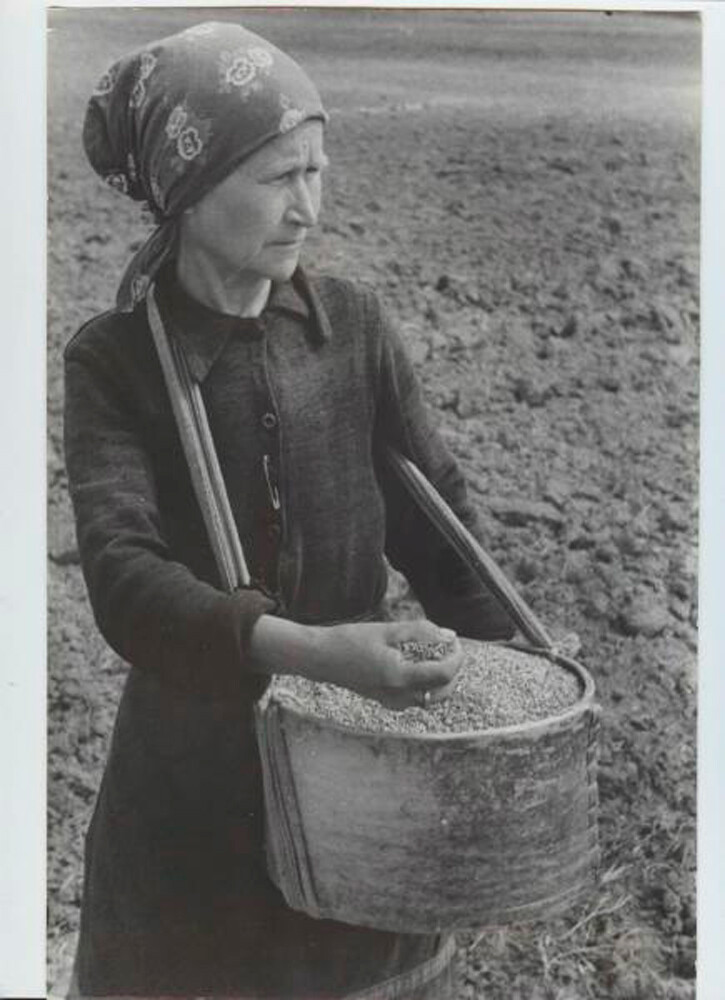What Russia was like in 1924 (PHOTOS)
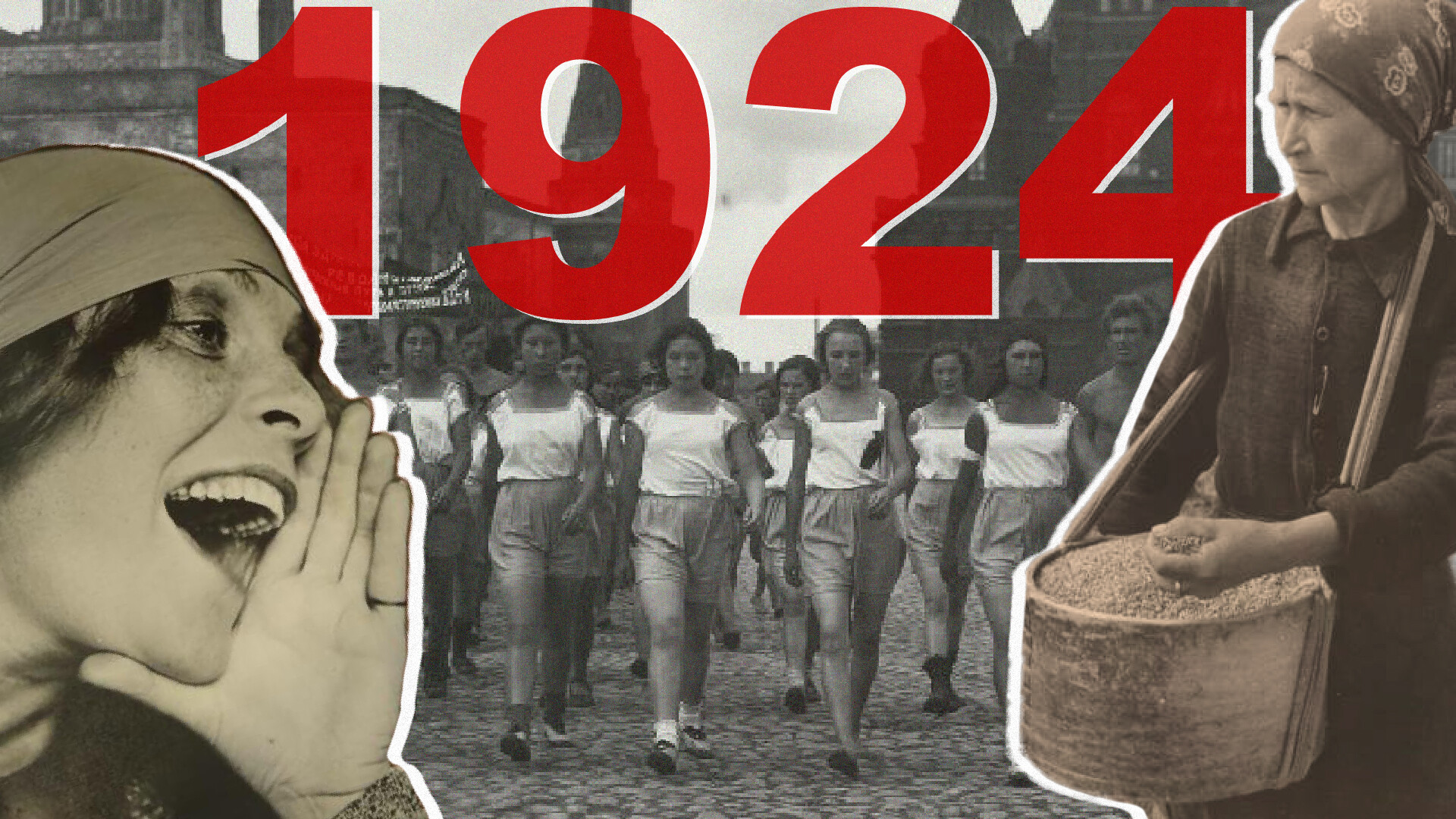
The year began with sad news for the newly formed country – Vladimir Lenin, the leader of the revolution, passed away on January 21.
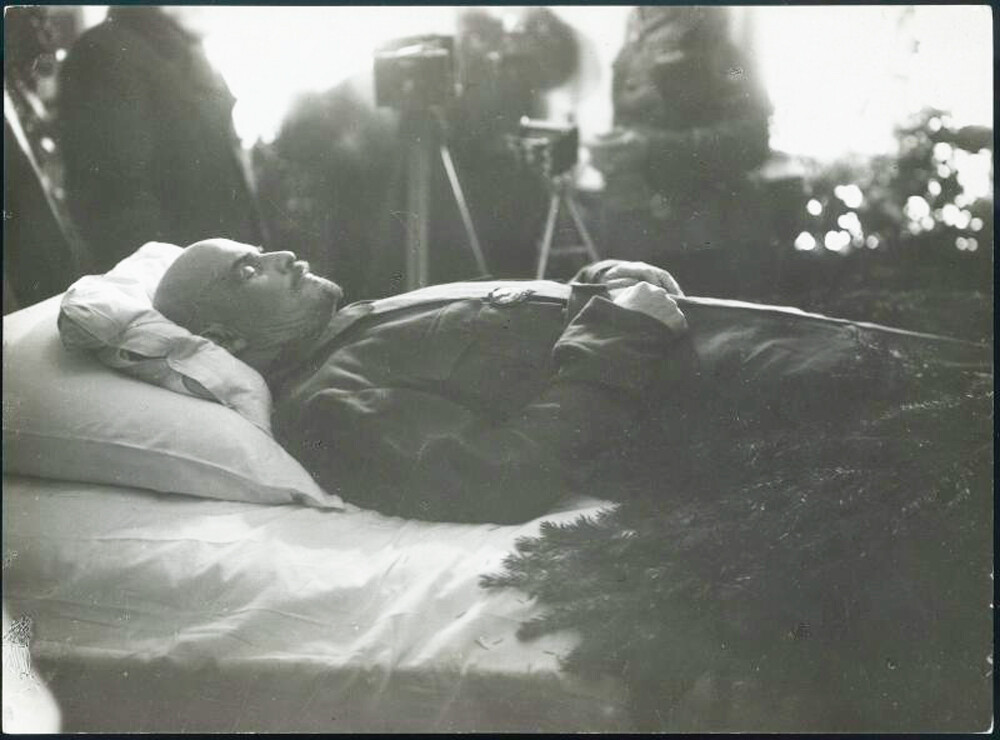
Lenin’s body was taken from his Gorki estate near Moscow on a funeral train to Moscow.

Many people gathered in Gorki to say farewell to the cult persona…

…and. of course, crowds flooded Moscow for the farewell ceremony.
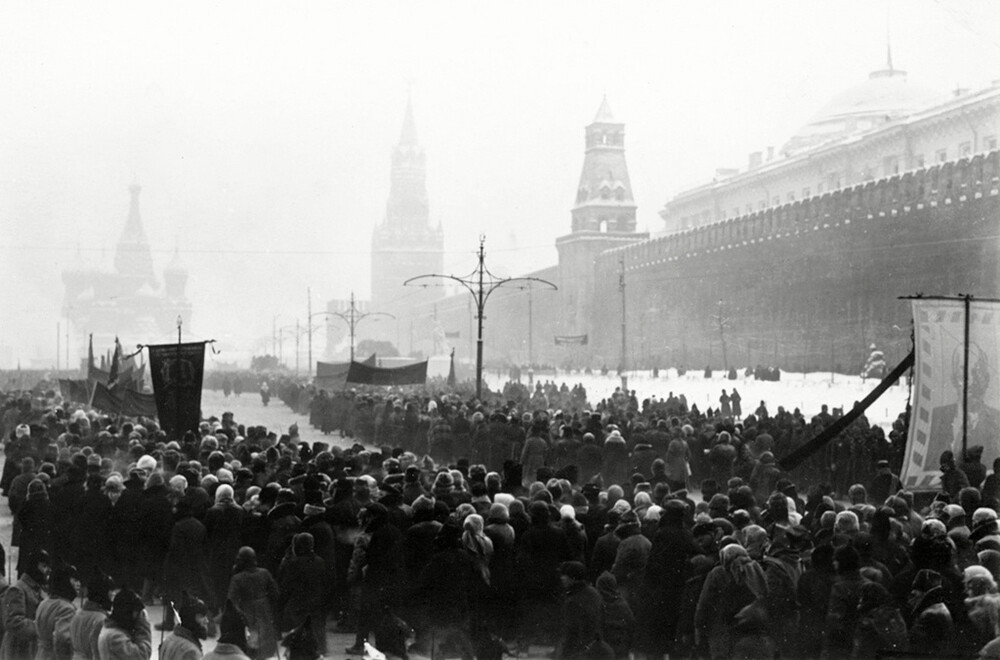
On the funeral day, January 27, there were brutal subzero temperatures. Just look at the “icy” Felix Dzerzhinsky, the infamous head of the secret police.
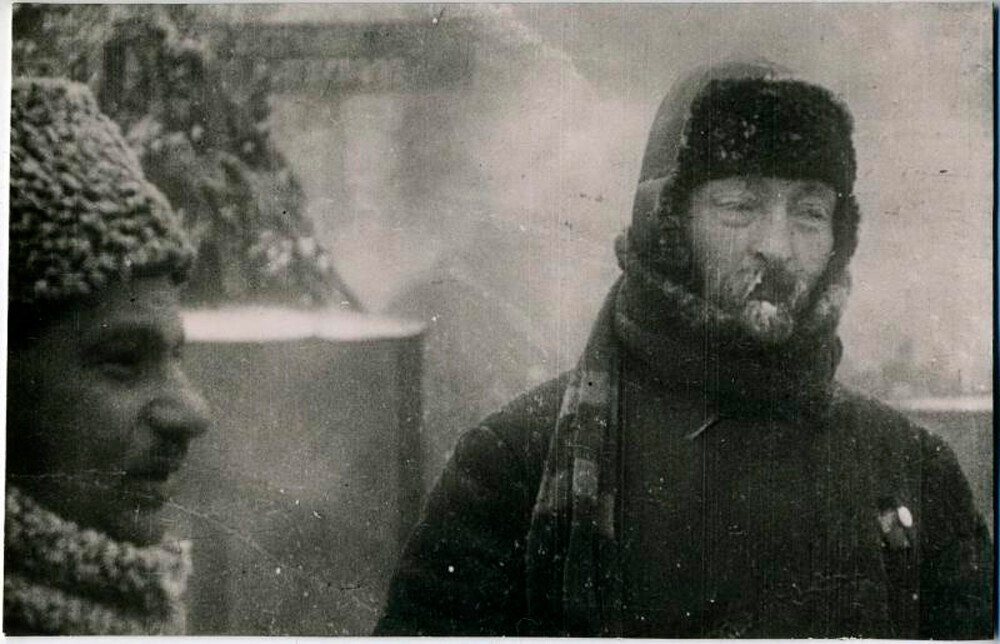
At first, a temporary mausoleum was built for Lenin's embalmed body.
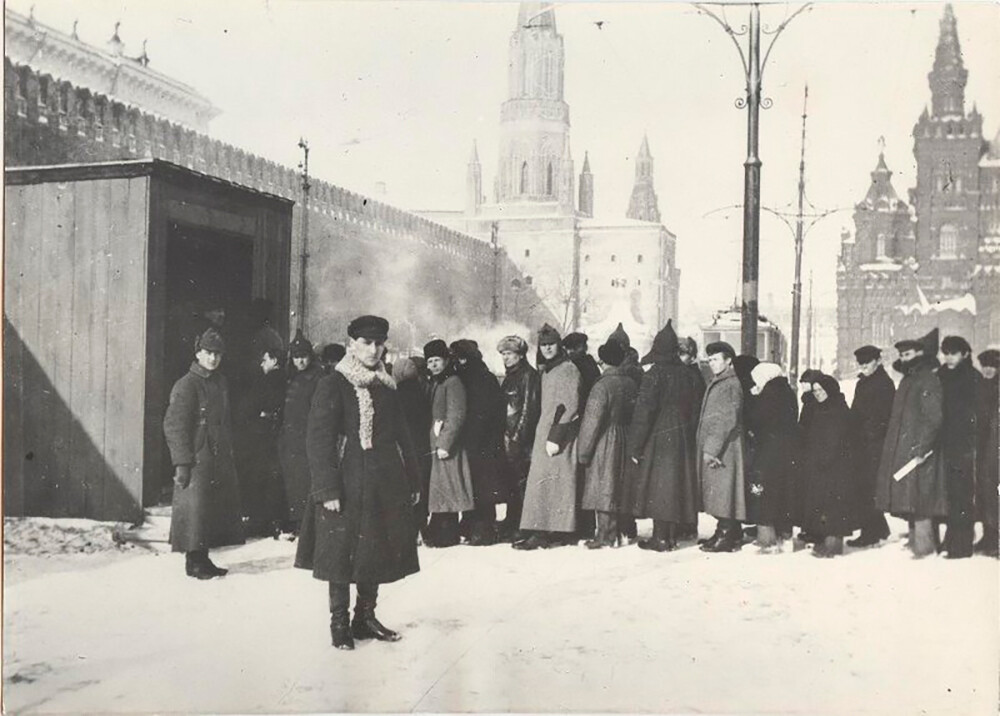
In May 1924, another wooden Mausoleum was built in place of the temporary one.
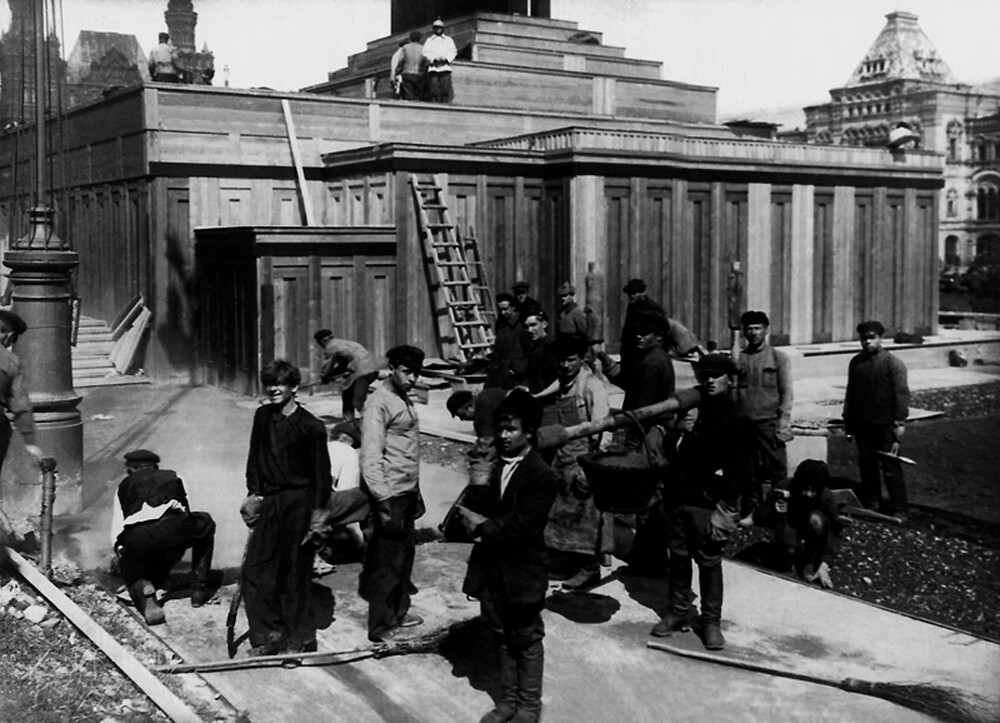
Immediately after Lenin’s death, St. Petersburg (actually already Petrograd, as it was renamed after the outbreak of World War I), was renamed ‘Leningrad’ in memory of the revolutionary leader. In September, there was a big flood in the city, with residents even having to use boats.

And below is what Moscow looked like in 1924. Carriages, paving stones, pedestrians. On the right, you can see the luxurious Metropol Hotel. It was built in the early 20th century in Art Nouveau style. Today, the street (Teatralny Proezd) is a wide thoroughfare with constant traffic jams.
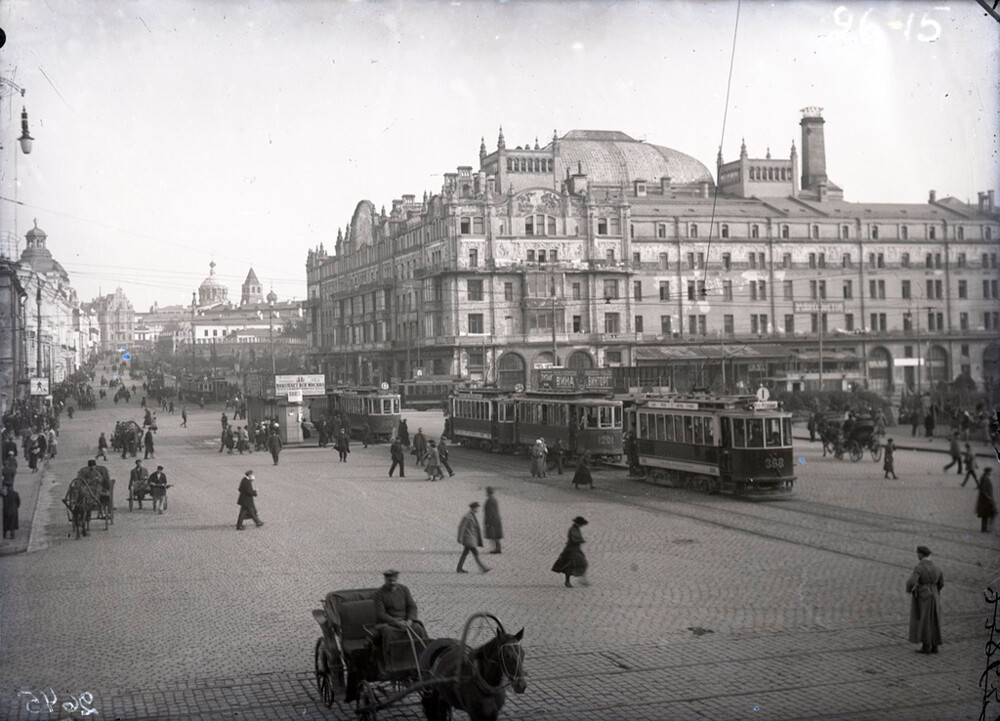
And below is Sukharevsky market, a relic of pre-revolutionary Moscow. Very soon, a roadway was paved there, while the tall Sukharevskaya Tower seen in the top left hand corner would be demolished 10 years later.

With the advent of Soviet power, the Red Square became the site of large demonstrations and parades. Soviet authorities paid great attention to health, as the builders of communism had to be strong and physically enduring. The photo below shows one of the many parades championing physical education.
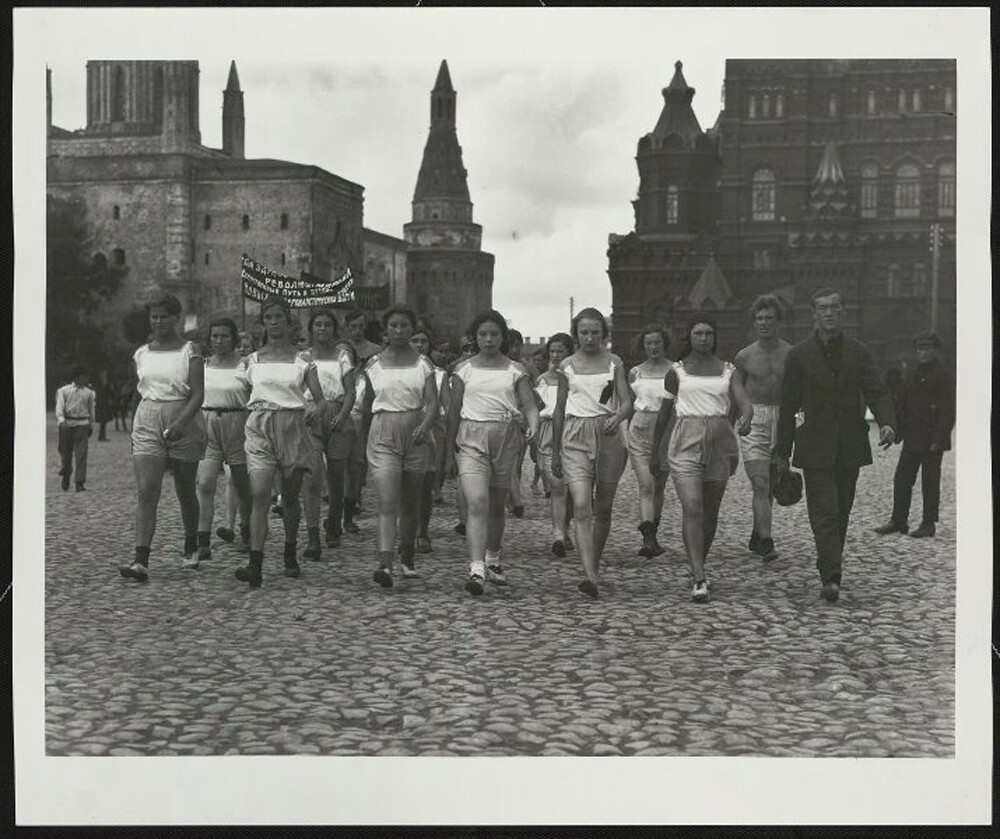
The new power brought its own version of freedom for a while. The ‘Down with Shame’ society appeared, which fought against "bourgeois prejudices", strived for sexual and bodily freedom, promoted nudist beaches and even wanted to parade naked across the Red Square in Moscow. The photo below shows an activist of the movement.

And these young people are presenting a newfangled art form, the so-called ‘synthetic dance’.

Meanwhile, a custom of small breaks for physical exercises was introduced in factories, schools, offices, hospitals, health spas and even on steamships, as in the photo below.
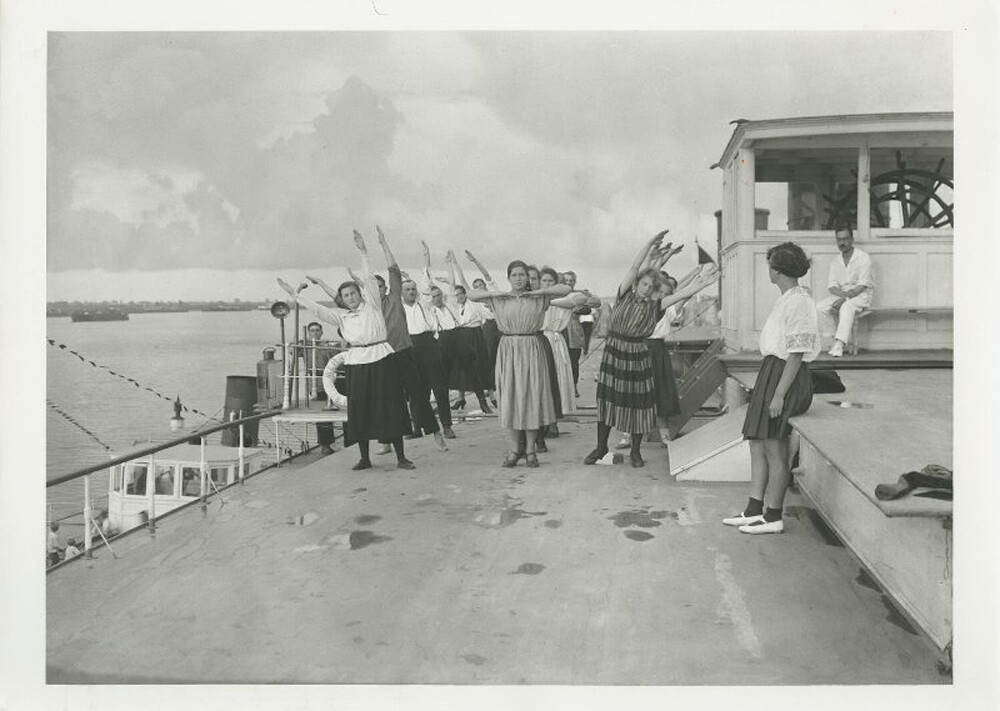
Soviet propaganda also focused more on the upbringing of children, their proper care and proper nutrition.
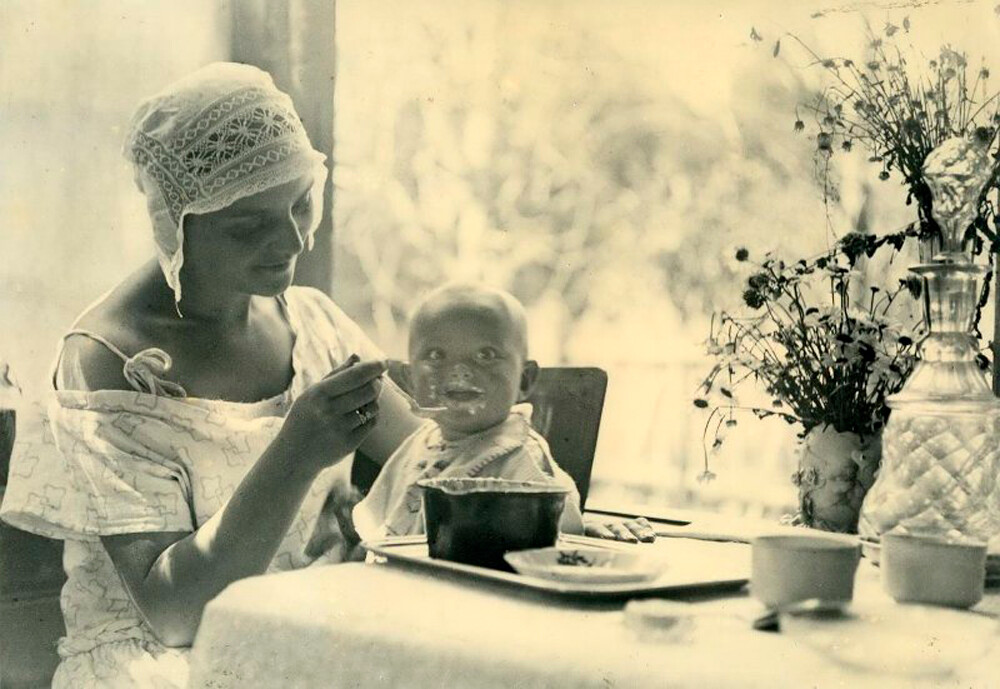
Back in 1922, the ‘Pioneer’ organization was founded. And, after Lenin's death, it was named after him. In May 1924, the first pioneer parade was held on the Red Square.
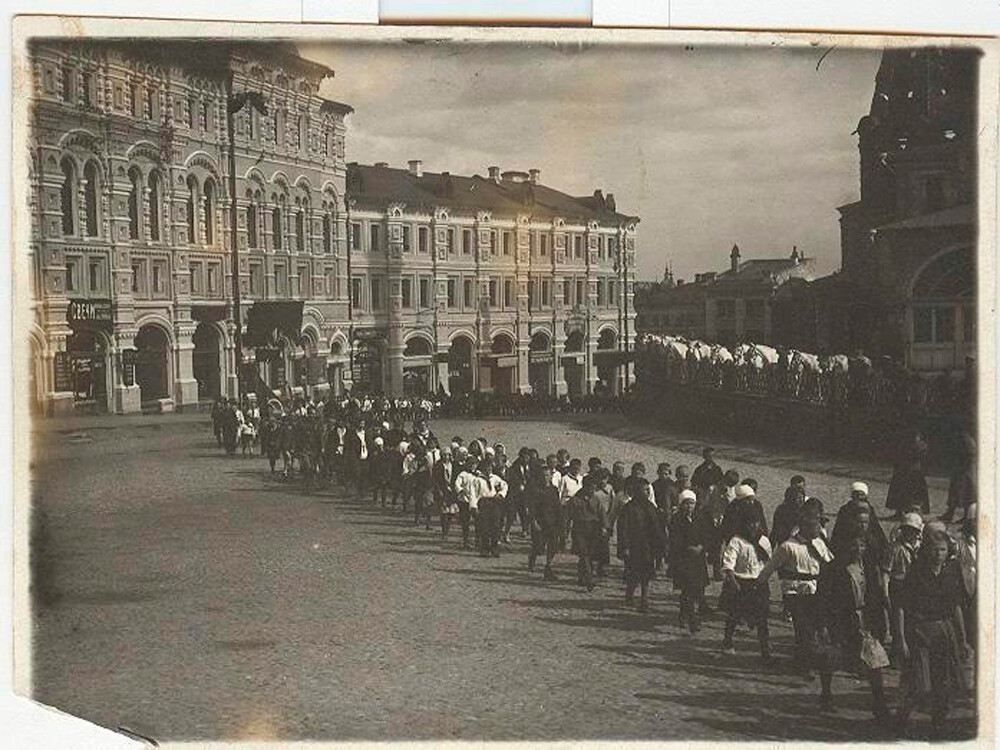
The Bolsheviks were actively engaged in the issue of orphans and homeless children. After the Civil War, they became very numerous and many orphanages and educational schools for orphans were created by the Soviets to take care of them. The photo below shows street children being led by escorts.
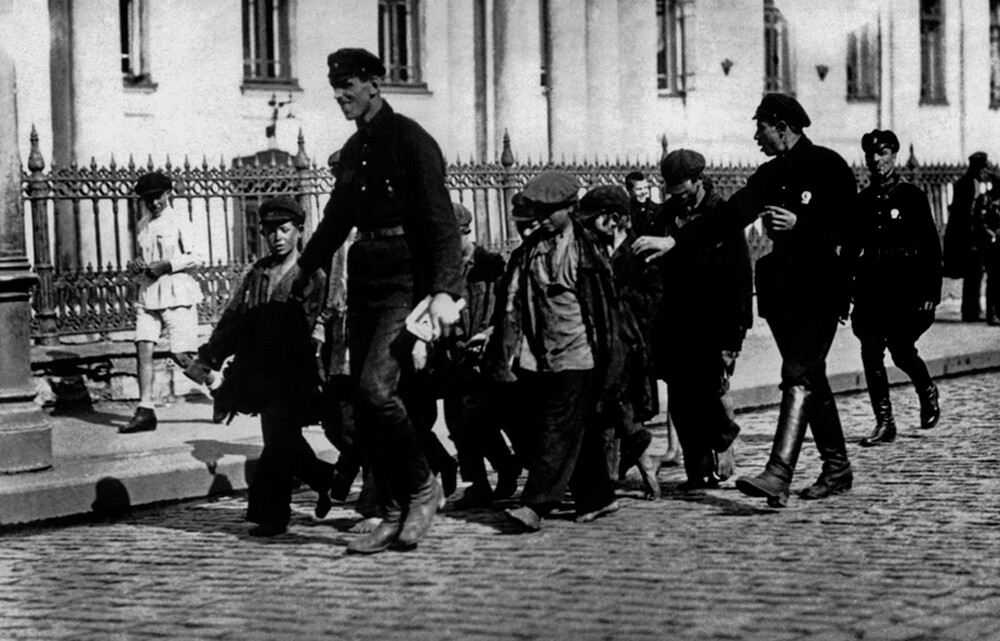
Soviet authorities also initiated the task of eliminating illiteracy. Free schools for children and adults were opened en masse and workers were taught to read and write. There were even reading “huts” and libraries in small villages.
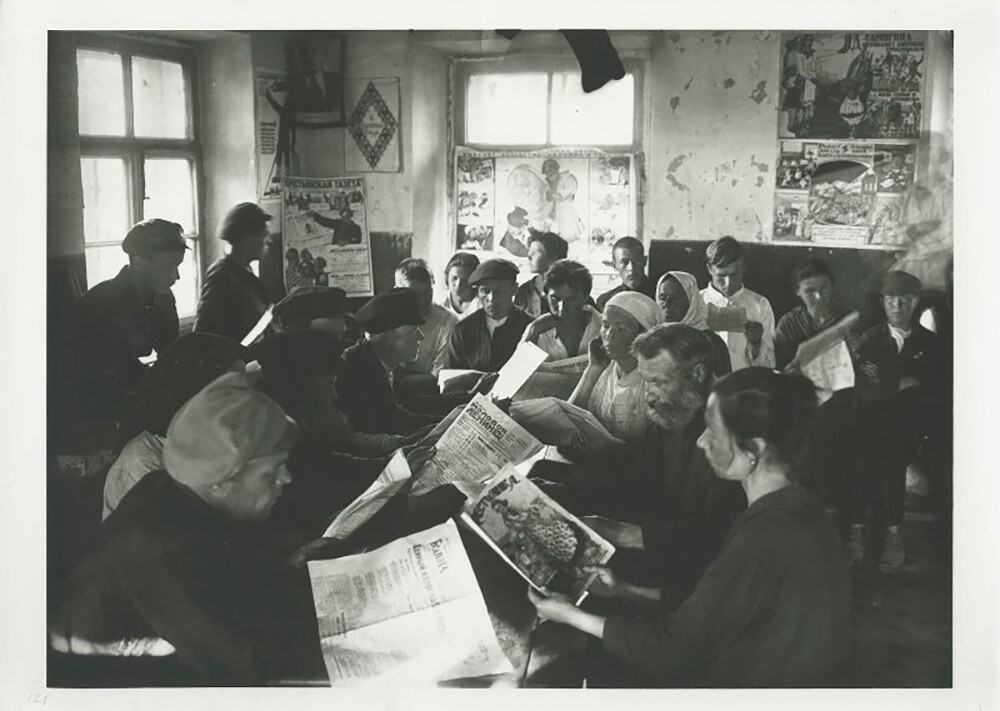
Below is what a city library in the Urals city of Chelyabinsk looked like.

Bolshevik propaganda realized early the importance of cinematography. And, in 1924, the movie ‘Red Partisan’ was filmed. It showed the atrocities of 'white' monarchists during the Civil War and the valor of 'red' supporters – the partisans.
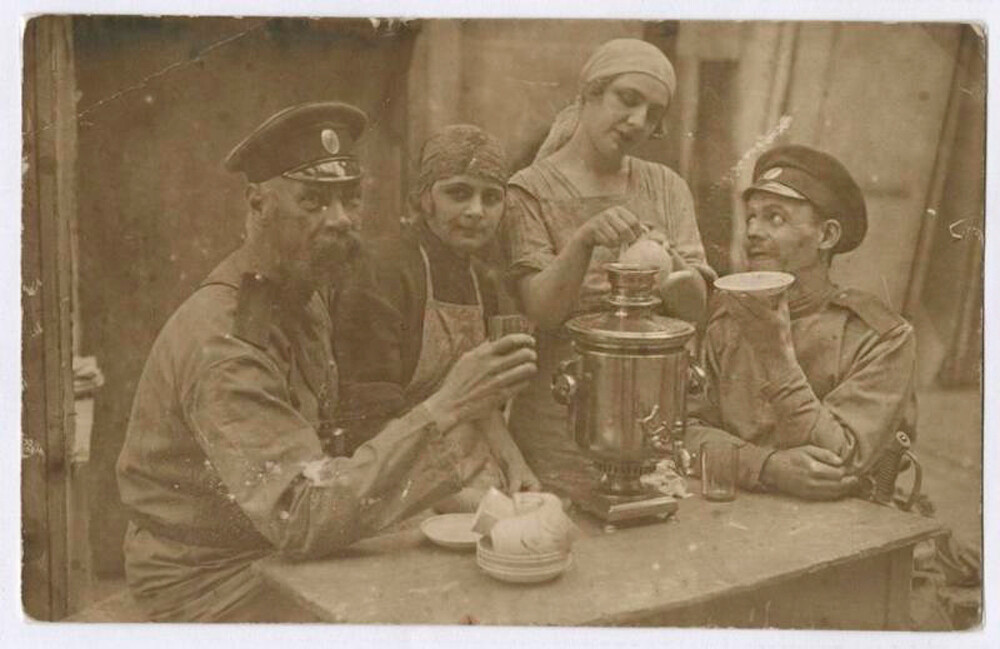
The 1920s was the time of avant-garde and the new economic policy. The photo below shows main avant-garde photographer Alexander Rodchenko in an outfit designed by his wife, artist Varvara Stepanova.
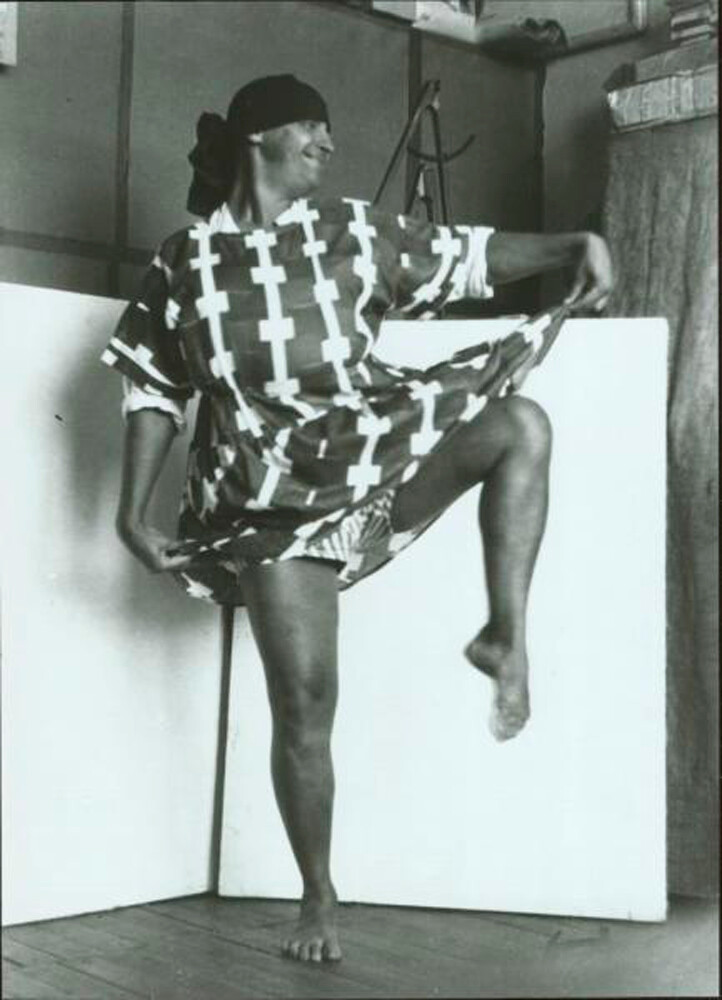
And below is popular poet Sergei Yesenin. The photo was taken a year before his tragic death.
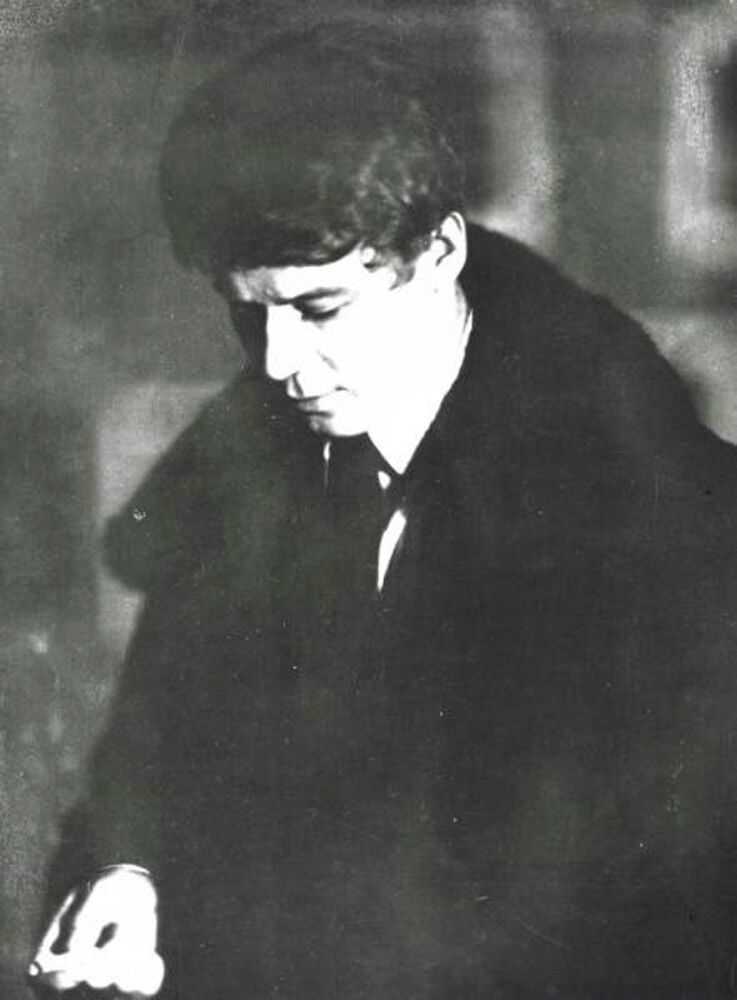
And below is Vladimir Mayakovsky, another very popular poet, pictured at the zenith of his fame (compare it with a photo of him from ten years ago, in it he looks more stylish and cool).
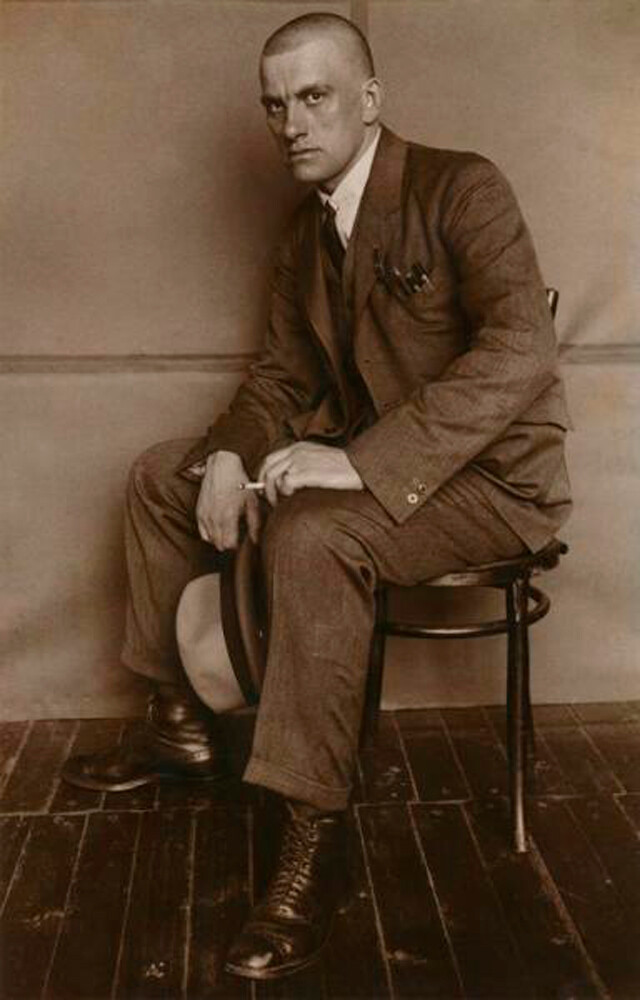
Lilya Brik (pictured below) was legendary muse of Mayakovsky and sex symbol of the avant-garde art.
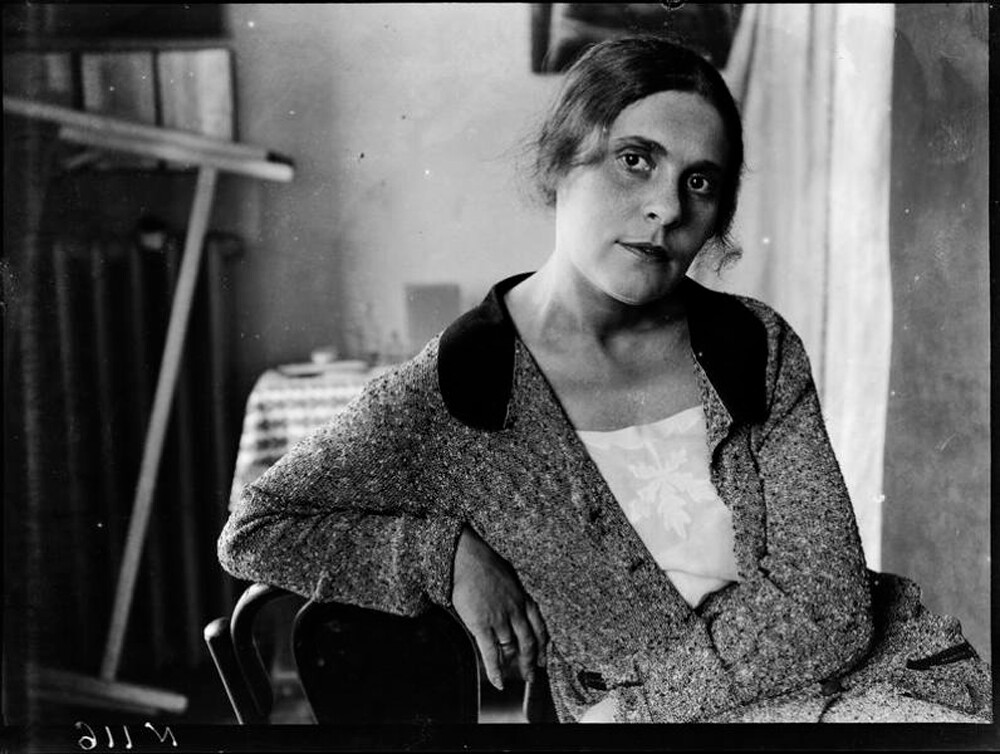
It was Lilya Brik whose famous photo Alexander Rodchenko took for a propaganda poster.

Many foreigners visited Soviet Moscow. The photo shows a meeting with Japanese writer Tamizi Naito. Second right – movie director Sergei Eisenstein, far left – Boris Pasternak and Vladimir Mayakovsky.
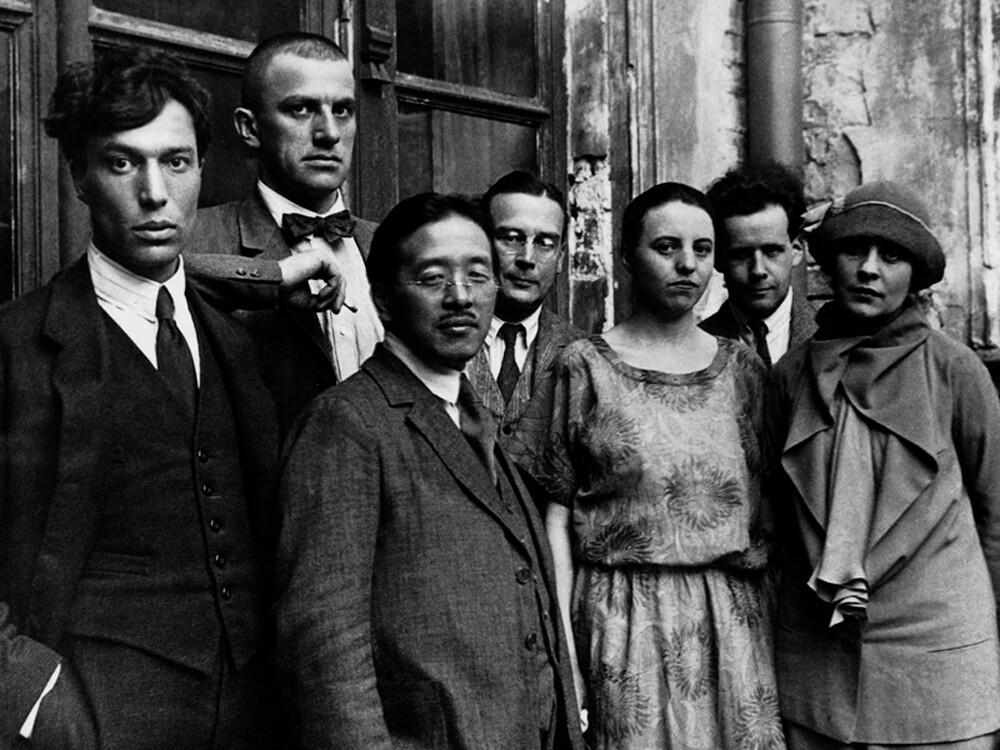
And this decadent lady is Anna Akhmatova, the star of the Silver Age of Russian poetry.
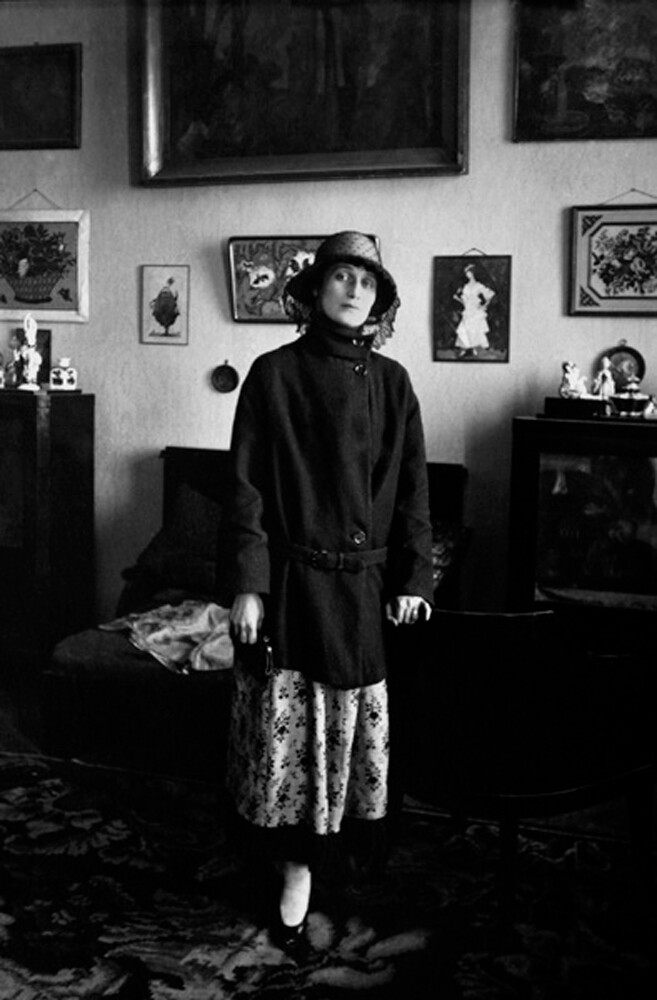
There were not only achievements in the arts and social spheres. In 1924, the first Soviet truck was produced.
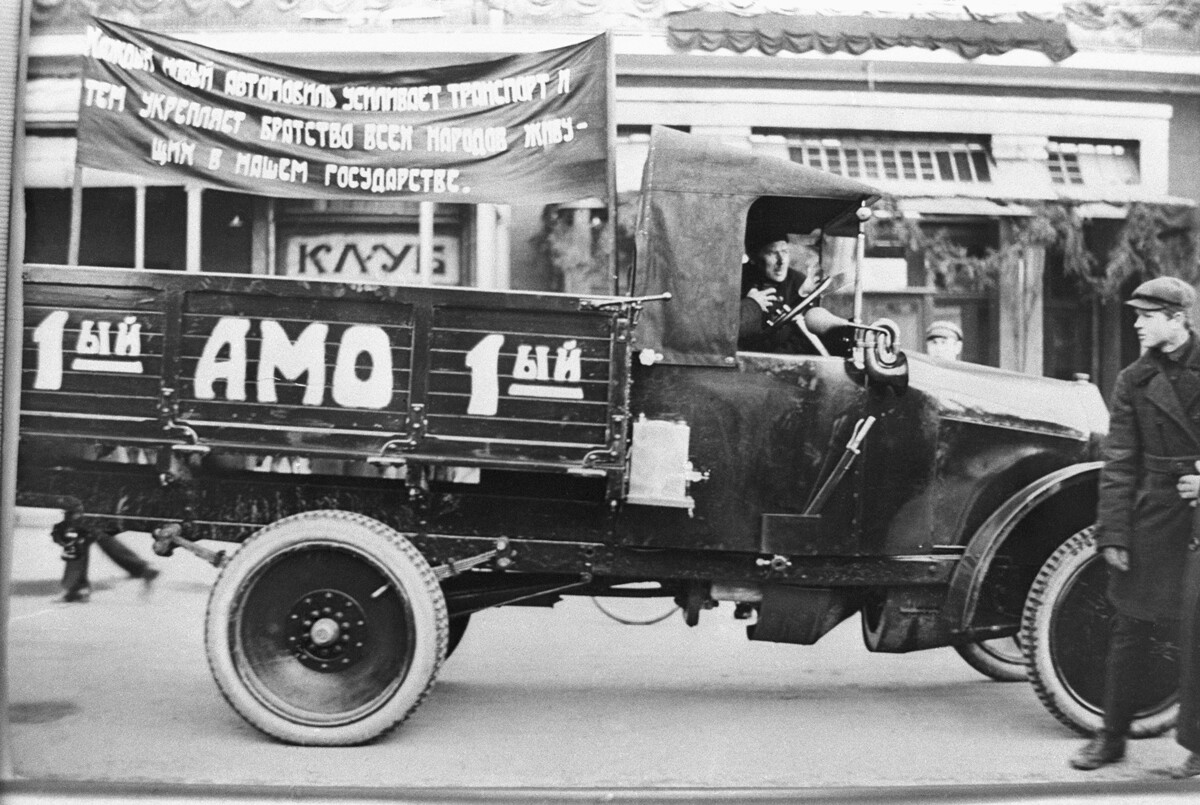
While the ‘Putilov Company’ (‘Krasny Putilovets’ factory) managed to produce the first Soviet tractor.

Let's take a look at some more random photos of cities and people. Below is a shopping pavilion in Nizhny Novgorod.
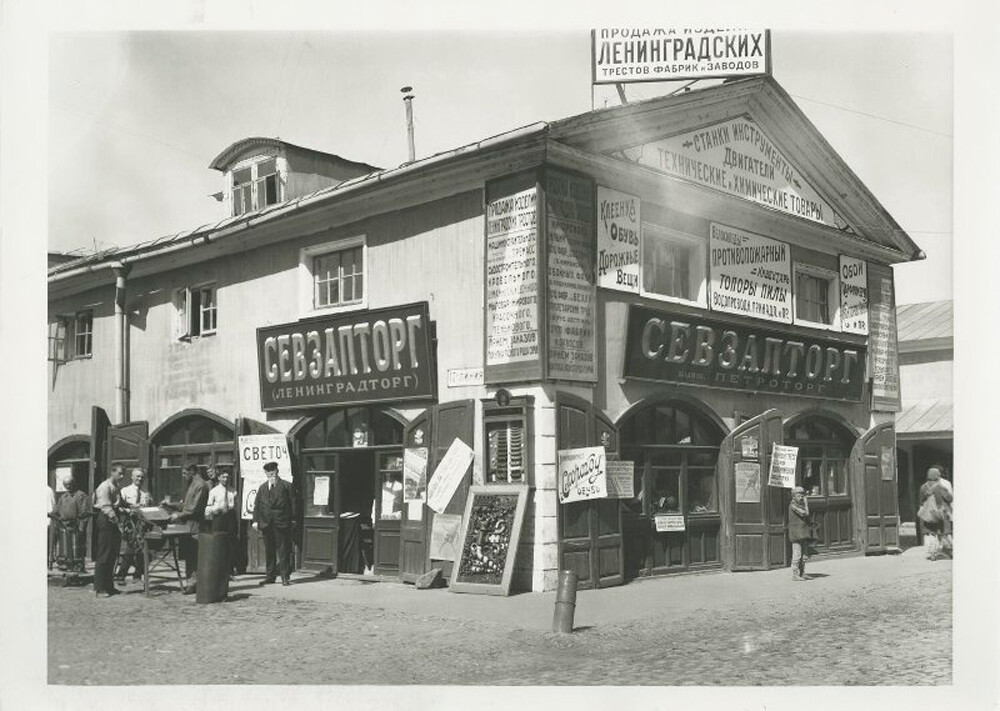
Before the 1917 Bolshevik Revolution, Nizhny Novgorod was famous for large-scale trade fairs. The tradition was carried on in the USSR. In 1924, the 3rd Soviet Nizhny Novgorod Fair took place in the city.
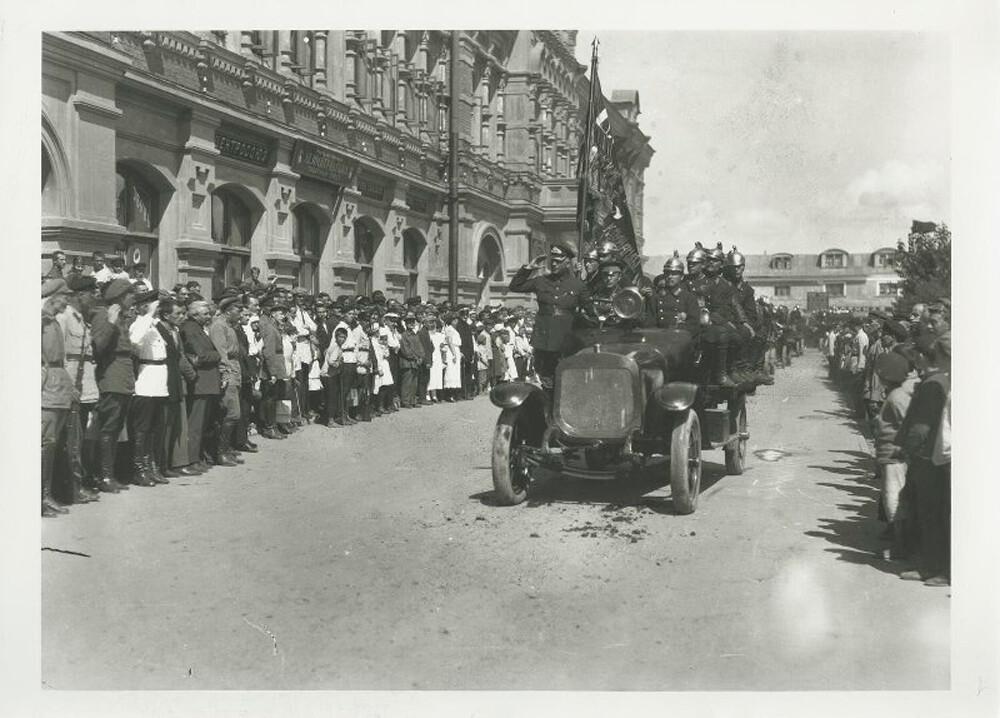
Below, a Red Army soldier is mastering maneuvers in a hot air balloon…
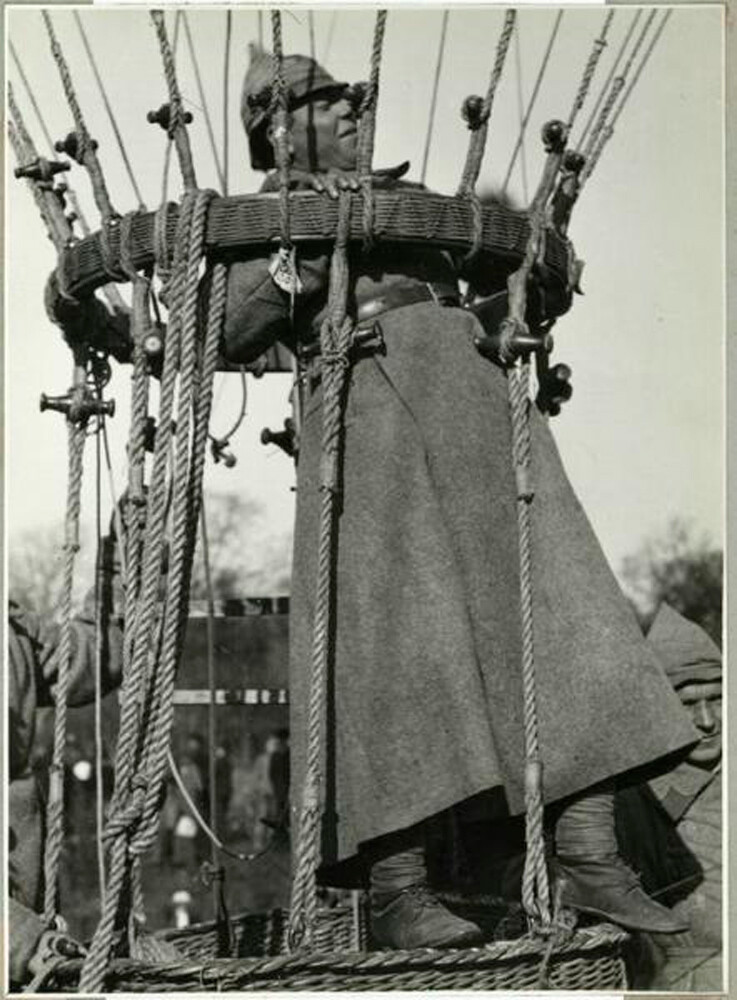
…while workers are repairing an airplane in an aviation workshop.
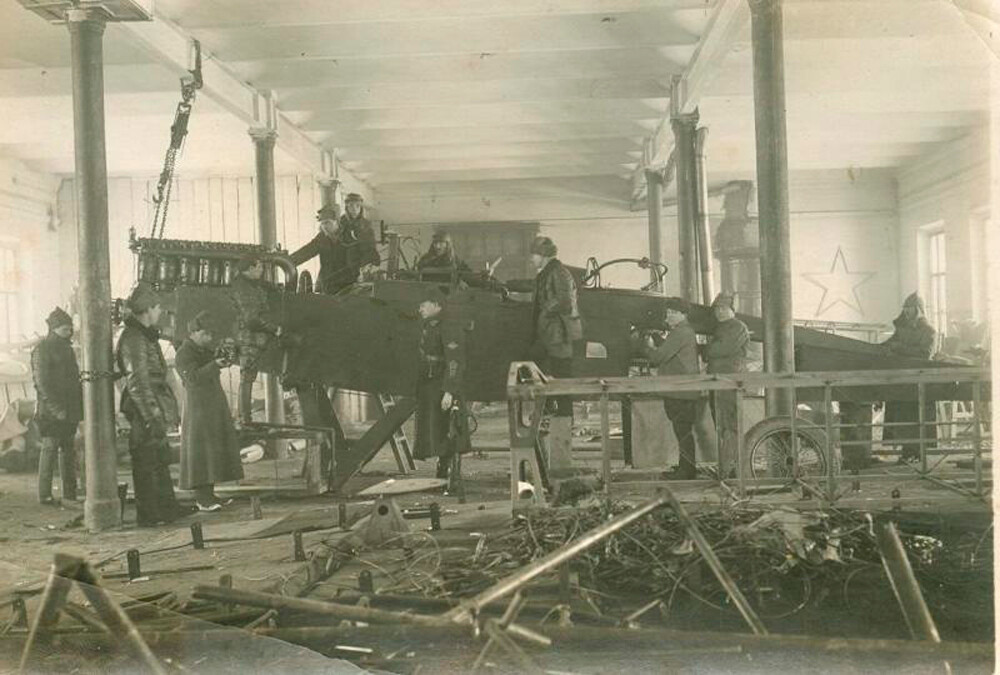
A Moscow family enjoying a picnic with freshly brewed hot tea.

A peasant woman is busy sowing.
